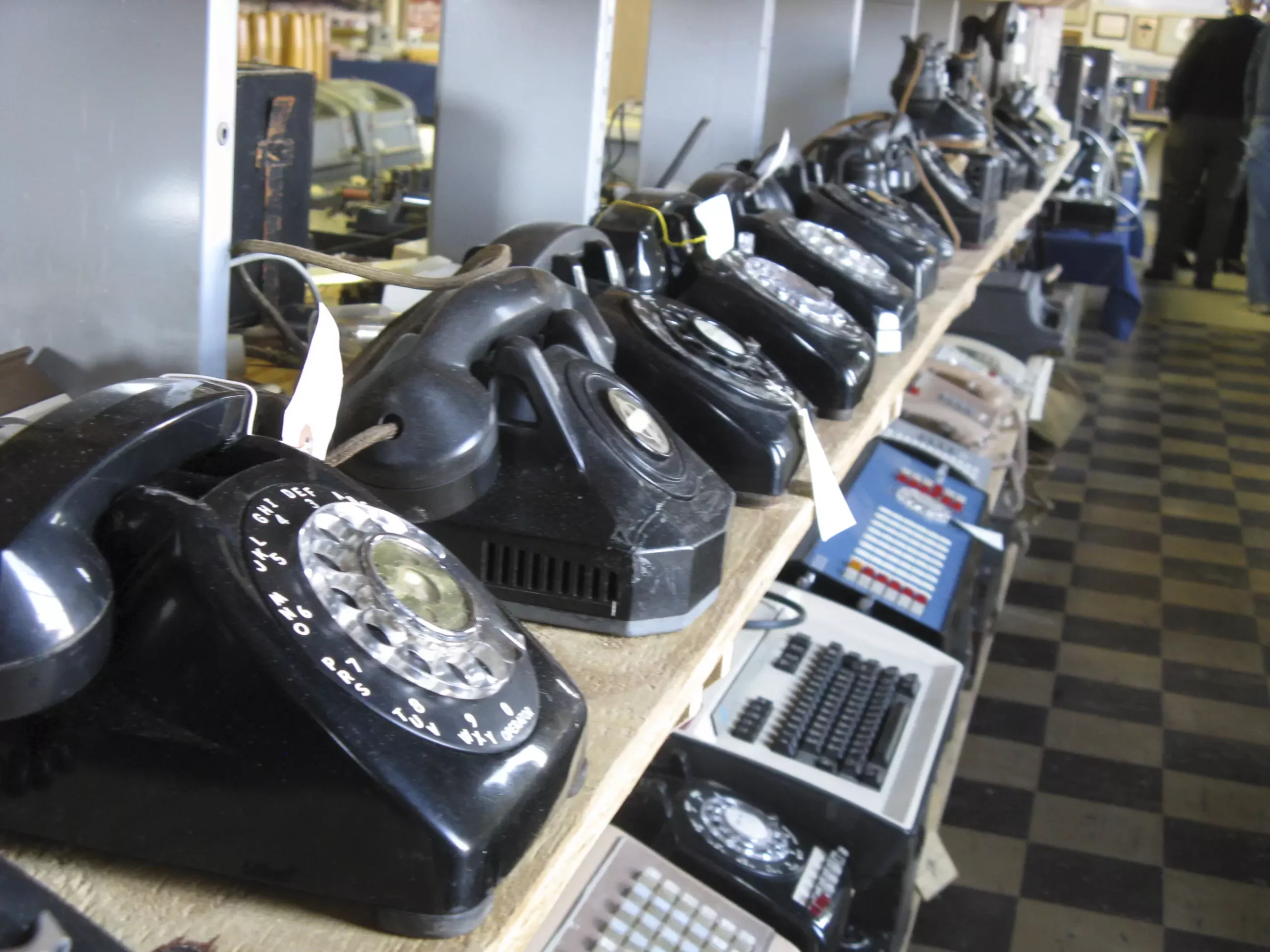In a world where smartphones dominate the communication landscape, landline phones are becoming an increasingly rare commodity. However, for individuals like Bernice Hudson and Rebecca Whittier, having a functioning landline phone is a matter of tradition and convenience. These individuals, although they own mobile phones, still rely on their landlines as a way to connect with others. The recent AT&T network outage served as a reminder of the value of landline phones in times of crisis.
According to the National Center for Health Statistics, the number of American adults living in wireless-only households has steadily increased over the past two decades. In 2003, less than 3 percent of adults lived in wireless-only households, while in 2022, that number had risen to 73 percent. The rise of smartphones, particularly with the introduction of the iPhone in 2007, has played a significant role in the decline of landline phone usage. With smartphones offering a multitude of communication options, landlines have become obsolete for many.
The shift from traditional telephones to smartphones transformed how individuals interact with technology. The introduction of smartphones revolutionized the way people communicate, turning phones into data-saturated computers that fit in our pockets. Brian Ott, a professor of communication and media, notes that the introduction of new technology influences how people use older technologies. Even those who still have landlines are influenced by the prevalence of smartphones in society.
While the convenience of smartphones is undeniable, the recent AT&T network outage raises concerns about overreliance on mobile technology. Brian Ott warns that rapid adoption of new technologies can have unintended consequences. The outage serves as a reminder of what could happen if a broader-scale event disrupted cellphones on a larger scale. In a world where landline phones are no longer ubiquitous, the reliance on mobile technology could pose challenges in emergency situations.
Read More: The Beauty of Structure: Controlling Properties of Supramolecular Polymer Assemblies
The Future of Landline Phones
Despite the decline in landline phone usage, some individuals, like Mary Minshew, still see value in keeping a landline as a backup. The sense of security and reliability that landline phones offer in times of crisis is a compelling reason to hold onto them. While the majority of people may rely on smartphones for communication, the presence of landlines in households serves as a reminder of a bygone era when traditional telephones were the norm.
The persistence of landline phones in a digital age highlights the enduring value of traditional communication methods. While smartphones have revolutionized how we connect with others, landline phones continue to play a vital role in providing a reliable means of communication. As society continues to evolve technologically, the importance of preserving these traditional communication channels becomes increasingly apparent.


Leave a Reply